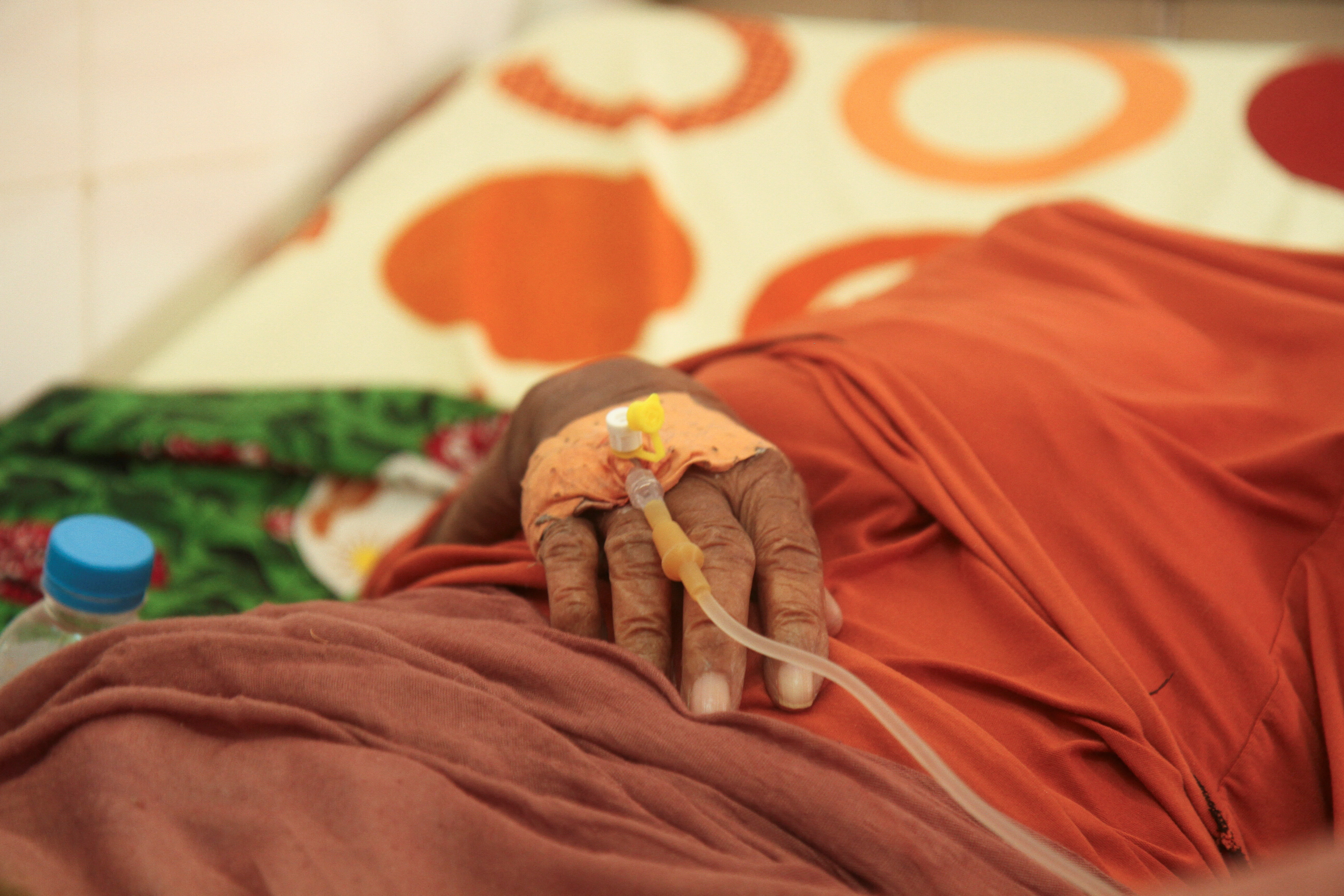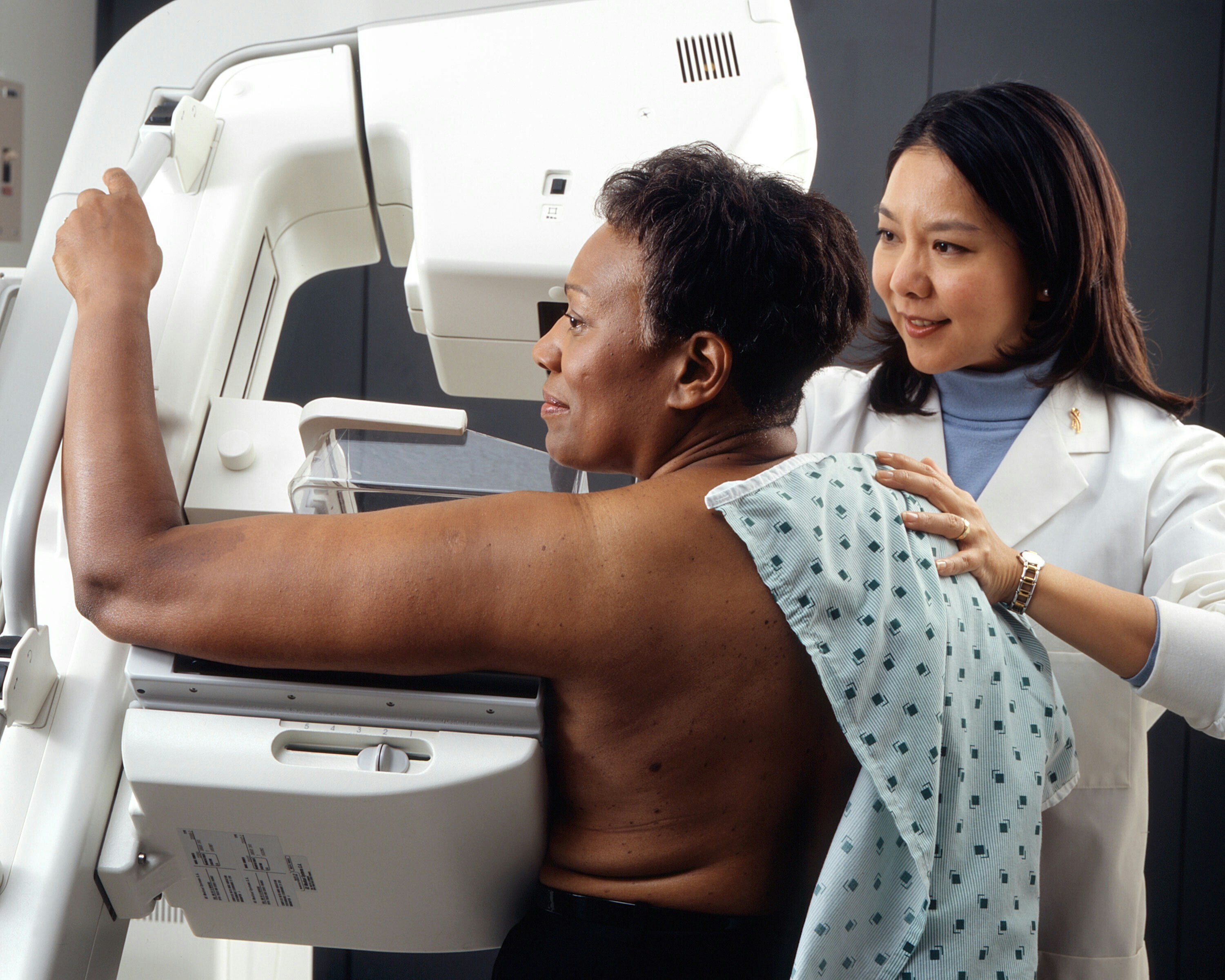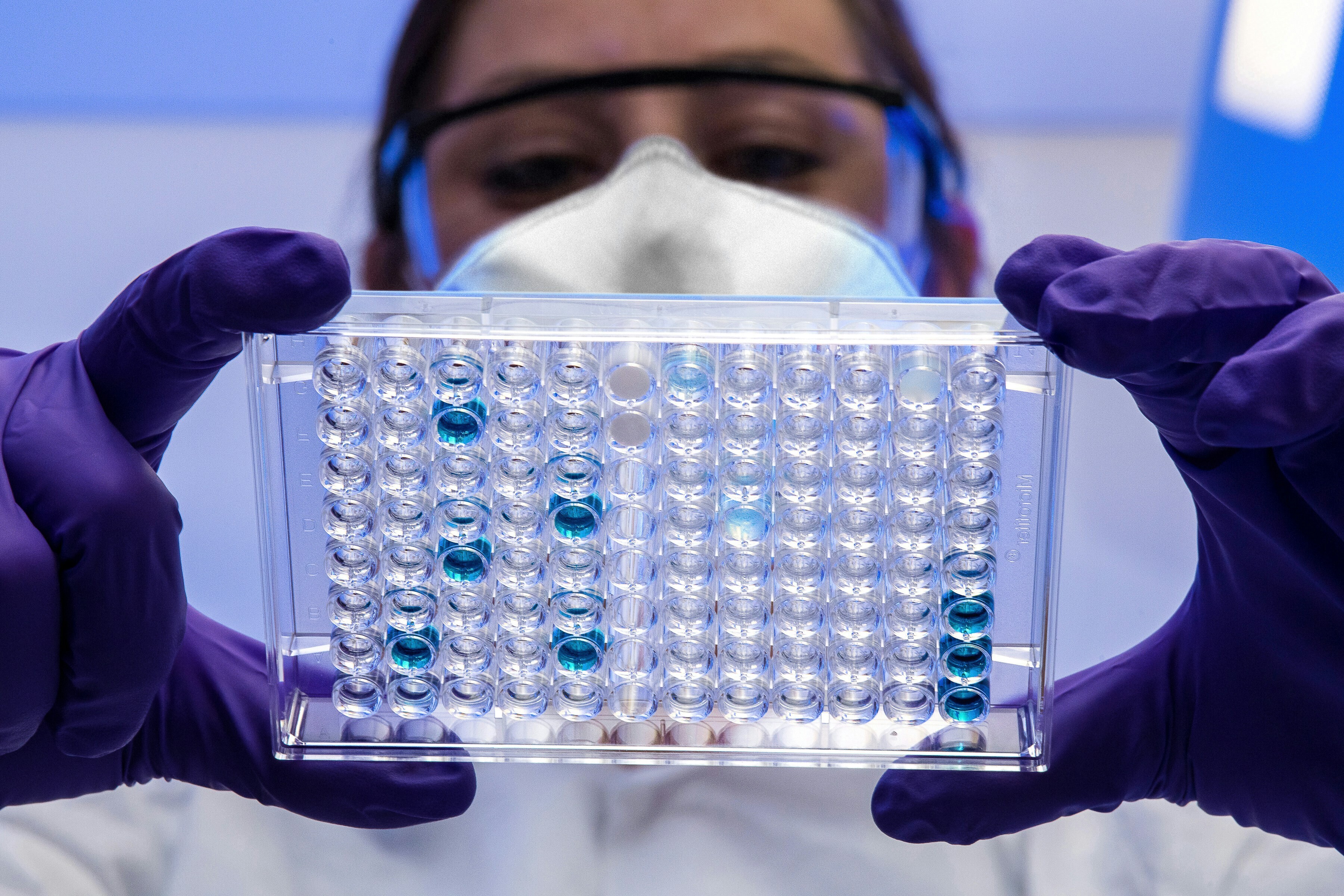COVID-19: What you need to know about the coronavirus pandemic on 17 September

Keeping a distance.
Image: REUTERS/Jose Cabezas
Explore and monitor how COVID-19 is affecting economies, industries and global issues
Stay up to date:
COVID-19
- This daily round-up brings you a selection of the latest news updates on the COVID-19 pandemic, as well as tips and tools to help you stay informed and protected.
- Top stories: Record daily jump in India; warning as flu season looms; call to protect health workers.
1. How COVID-19 is affecting the globe
Confirmed cases of COVID-19 have now passed 29.8 million globally, according to the Johns Hopkins Coronavirus Resource Center. The number of confirmed coronavirus deaths now stands at more than 940,000.
India has reported a record daily jump in COVID-19 cases, of 97,894 infections. India is the second-worst affected country in the world, after the United States, with more than 5 million cases.
Victoria, Australia has reported its lowest daily case rise since mid-June, with 28 new cases. Parts of the state are starting to emerge from a strict lockdown.
The number of people being treated in intensive care units in France for COVID-19 has risen to a three-month high. 9,784 new cases were also reported, bringing the total to more than 400,000 - the second highest in Western Europe behind Spain.
The Red Cross has warned about the risk of coronavirus driving discrimination in Asia, particularly towards migrants and foreigners. “It is particularly concerning that both national migrant and foreign workers are blamed for the spread of COVID-19 as they are quite vulnerable already,” Dr Viviane Fluck, one of the lead researchers and the agency’s Asia Pacific community engagement and accountability coordinator, told Reuters.
Madrid, Spain, is planning to announce restrictions on movement tomorrow, that could include targeted lockdowns, according to a senior official.
The World Health Organization (WHO) has warned Latin America against opening up too early and too quickly. “We must be clear that opening up too early gives this virus more room to spread and puts our populations at greater risk. Look no further than Europe,” regional director Carissa Etienne said yesterday.
2. Warning as flu season looms
The WHO has also warned that COVID-19 is spreading worryingly quickly in parts of the northern hemisphere, as the winter flu season approaches.
“We are starting to see worrying trends in some countries,” Maria Van Kerkhove, WHO technical lead for COVID-19, said during a social media webcast.
“We are seeing increases in hospitalizations, in intensive care units, particularly in Spain, France, Montenegro, Ukraine and some states of the United States. That is worrying because we have not seen the flu season yet.”
Dr. Mike Ryan, the WHO’s top emergency expert, advised people at high risk for COVID-19 infections to get a flu vaccination.
What is the World Economic Forum doing to manage emerging risks from COVID-19?
3. Calls to protect health workers
The WHO has launched a new Health Worker Safety Charter - to mark World Patient Safety Day on 17 September - calling on leaders to tackle persistent threats to the health and safety of workers and patients.
“The COVID-19 pandemic has reminded all of us of the vital role health workers play to relieve suffering and save lives,“ said Dr Tedros Adhanom Ghebreyesus, WHO Director-General. “No country, hospital or clinic can keep its patients safe unless it keeps its health workers safe."
While health workers represent less than 3% of the population in the large majority of countries and less than 2% in almost all low- and middle-income countries, around 14% of COVID-19 cases reported to WHO are among health workers. In some countries, the proportion can be as high as 35%. But the WHO says data availability and quality are limited.
The Charter urges leaders to take five actions to better protect workers; protection from violence; improve their mental health; protection from physical and biological hazards; advance national programmes for health worker safety; and connecting health worker safety with patient safety policies.
Accept our marketing cookies to access this content.
These cookies are currently disabled in your browser.
Don't miss any update on this topic
Create a free account and access your personalized content collection with our latest publications and analyses.
License and Republishing
World Economic Forum articles may be republished in accordance with the Creative Commons Attribution-NonCommercial-NoDerivatives 4.0 International Public License, and in accordance with our Terms of Use.
The views expressed in this article are those of the author alone and not the World Economic Forum.
Forum Stories newsletter
Bringing you weekly curated insights and analysis on the global issues that matter.
More on Health and Healthcare SystemsSee all
James See
November 7, 2025
Shyam Bishen
November 5, 2025
Naveena Nekkalapudi
October 31, 2025
Mariam Adebayo
October 30, 2025
Alexandros Pantalis
October 30, 2025






